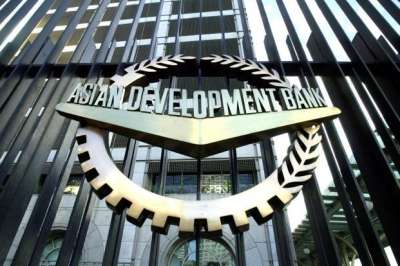Pacific economic growth and resilience: ADB Report Highlights
The latest issue of the Asian Development Bank’s (ADB) Pacific Economic Monitor (PEM) paints a cautiously optimistic picture of the Pacific’s economic prospects, with growth projected at 3.3% in 2024 and 4.0% in 2025. This upward trend is primarily fueled by the resurgence of resource extraction in Papua New Guinea, the subregion’s largest economy, along with stable tourism arrivals and public infrastructure projects across various Pacific nations. However, despite this promising outlook, the report underscores the critical need to bolster resilience against a range of downside risks.
Key concerns highlighted by the ADB include labor shortages, diminished fiscal capacity, and the persistent threat of climate change and natural disasters. These factors pose significant challenges to the region’s long-term stability and growth. Leah Gutierrez, ADB’s Director General for the Pacific, emphasized the importance of building resilience to protect the development gains from potential shocks. The ADB’s commitment to supporting Pacific developing member countries in managing these risks remains steadfast, as the institution continues to work closely with these nations.
The PEM goes beyond economic growth projections, offering a deep dive into various aspects of resilience building within the Pacific context. It features discussions on enhancing climate and disaster resilience in countries like the Cook Islands, Samoa, and Tonga. Additionally, it examines fiscal policies in Fiji and debt sustainability challenges in Papua New Guinea, reflecting on the balance between maintaining growth and adhering to debt targets. Public financial management is also a central theme, with insights into managing Constituency Development Funds in Solomon Islands and strategies for resilience in the Marshall Islands, Federated States of Micronesia, and Palau, particularly in light of their renewed Compacts of Free Association with the United States.
The report also addresses social protection, the high cost of living in smaller island nations like Kiribati, Niue, and Tuvalu, and the future of labor markets in Nauru and air travel in Vanuatu. The policy briefs included in the PEM emphasize the necessity of resilient infrastructure, climate adaptation, and robust public financial management tailored to the unique challenges faced by Pacific small island developing states.
In conclusion, while the Pacific is on a positive growth trajectory, the ADB’s PEM underscores that without concerted efforts to build resilience, the region’s economic gains remain vulnerable to a myriad of risks. The ADB’s ongoing support and policy guidance will be crucial in ensuring sustainable and inclusive growth in the Pacific.




